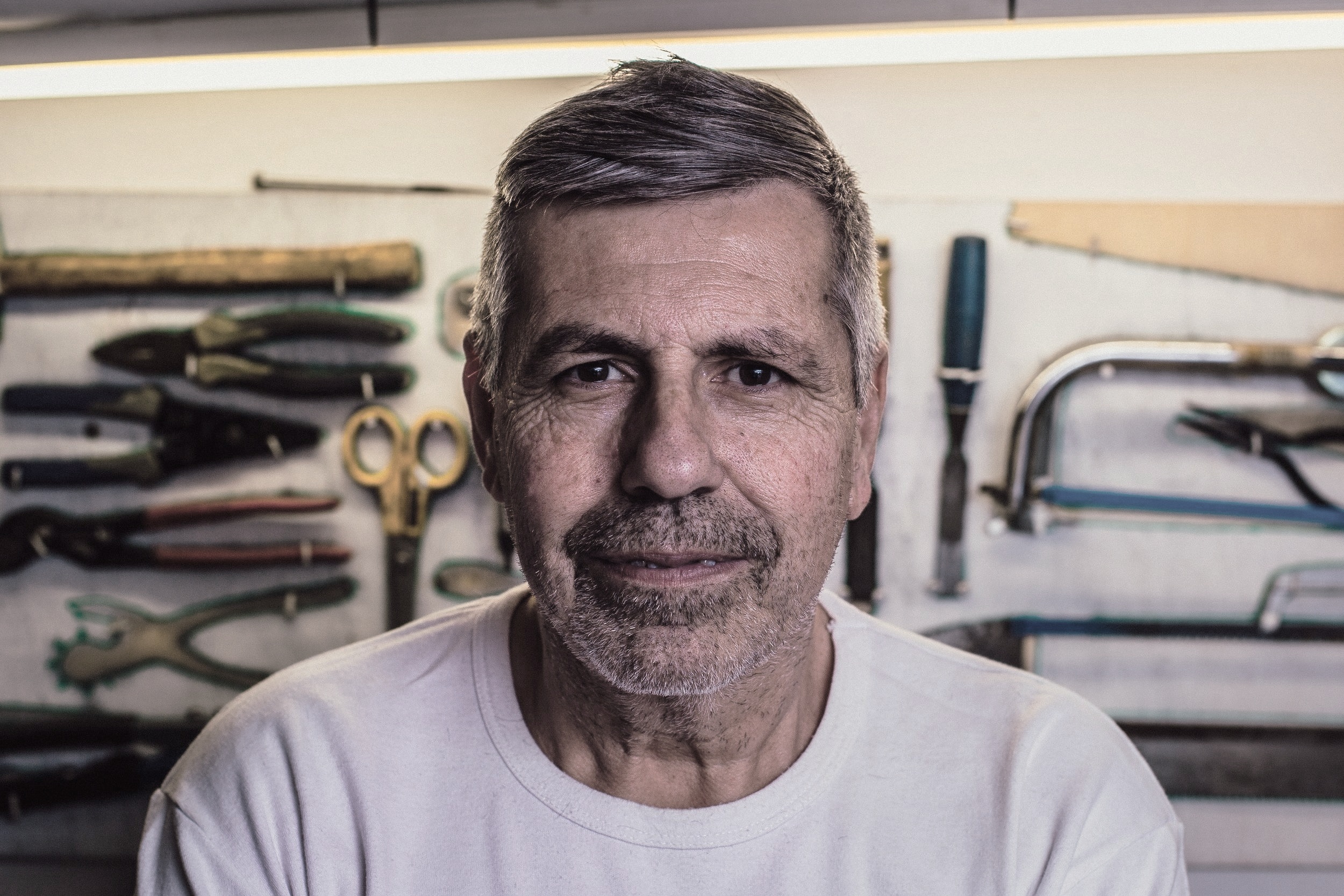
The Alberta Men's Survey
The AMS was distributed from July through October 2015 using Survey Monkey and through trained research assistants. A tremendous strength of the project was a culturally-diverse team of community-based research assistants. Supported by a leadership group of 18 organizations and numerous volunteers, the survey reached men in over 35 Alberta localities. Edmonton, Calgary and Sherwood Park were the top three cities that drew respondents.
Alberta Men’s Survey at a Glance
Geographic Locations of Respondents
Nationality/National Origins of Respondents
Gender and Sexual Identity
Living with Disabilities
Mental Health Challenges
Financial Circumstances
Personal Well-Being
Barriers to Well-Being and Healthy Relationships
More than three out of five respondents (65%) identified financial challenges as the main barrier to well-being and healthy relationships. This was followed by family conflict (55%), substance misuse (46%), an unsuccessful career (45%) and trauma or past negative experiences (44%).
23% of respondents said pressure to prove yourself as a man is a barrier to their well-being
Do Men Need Support for Well-Being and Healthy Relationships?
Types of Support Men Would Use
The statements below, shared by respondents, provide examples of the reasons why men identified these support mechanisms.
“Helpful people who care about you”
“Men need to be shown that it is OK to express fear & sadness to other men. We need leaders willing to role model that behaviour. Honest expressions of vulnerability are true actions of courage”
Nearly 1 in 3 respondents would not seek supports due to pressures related to traditional masculinity
What it Means to be a Man
Men were asked to name qualities that best describe a man; six thousand one hundred and sixty-six words were provided. The research team coded these responses into several categories. Almost 40% of all responses (2379) were grouped under the theme ‘Traditional or Normative Masculinity’ (characteristics usually ascribed to men). This masculinity category contained words or concepts such as “strong; determined; hardworking; father; provider; protector.”
The second most prominent theme was ‘Ethics Masculinity’, which encompassed 26% (1631) of total responses. This category included words or concepts that centered on being a good person, such as “responsibility; dependability; honesty; truthfulness”. ‘Non-traditional or Non-Normative Masculinity’ (characteristics usually ascribed to women) was the third most common theme, representing 20% (1245) of the total. Within this category were words or concepts such as “nurturing; emotional; loving”. Responses categorized under Normative/Traditional Masculinity, Non-Normative/Non-Traditional Masculinity and Ethical Masculinity encompassed 86% of all descriptors. A variety of other descriptors characterized the remaining 14%, including terms related to anatomy, a rejection of gender-specific binary language and gender-neutral characteristics.
Masculinity Descriptors
Survey Team
2015
It is our hope that the learning from the AMS will support the efforts of community members, governments and the numerous organizations that are working on the creation, implementation, and evaluation of preventative services that focus on men and boys. The AMS was supported through funding provided by United Way of Calgary and Area, the Alberta Human Rights, Education, and Multiculturalism Fund and The Calgary Foundation to the Ethno-Cultural Council of Calgary, the Alberta Men’s survey is the first of its kind in Alberta in its focus, reach and level of collaboration.
Learn More About the Survey Results
View the latest PowerPoint presentation
Additional Resources
Program from the Calgary launch event
Program from the Edmonton launch event
Migration, Resettlement, Racialization, and Well-being abstract
Healthy Family Relations: Community Handbook
Special Thanks
The Alberta Men’s Survey Leadership Team includes: Alberta Father Involvement Initiative, Alberta Human Rights Commission, City of Edmonton, Strathcona County Family & Community Services (Community & Social Development Sector), Edmonton/Evergreen Family Violence Committee, Ethno-Cultural Council of Calgary (ECCC), Family & Community Support Services (FCSS) Beaumont, Men’s Action Network Calgary (MAN-C), Men Edmonton (ME.), REACH Edmonton, Norwood Family Centre, The Calgary Foundation, United Way of Calgary and Area, University of Calgary, Faculty of Social Work, Calgary Immigration Women's Association, Association of Alberta Sexual Assault Services, and Calgary Sexual Health Centre.
The project also received tremendous support from many individuals, community members, and organizations who have contributed in different capacities in different phases of the initiative.
Project Supporters: Alberta Human Rights Commission, City of Edmonton, Ethno-Cultural Council of Calgary, The Calgary Foundation, United Way of Calgary and Area, and University of Calgary, Faculty of Social Work.
Research Leads: Dave Este and Liza Lorenzetti.
Research Advisor: Leslie Tutty.
Tool Development Leads: Abbas Mancey, Adrian Wolfleg, Arya Boustani, Binu Sebastian, Dario Ontolan, Dave Este, Derek Sehn, Derrick Osborne, Donna Brock, Ethel Stonechild, Fanny Oliphant, George Ishiekwene, Grant Neufeld, Joe Campbell, Justin Otteson, Kyle Mack, Lado Luala, Lemlem Haile, Liza Lorenzetti, Madan Nath, Marnie Lee, Michael Hoyt, Michael Lander, Patrick Dillon, Percy Murwisi, Rebecca Robertson, Ryan Valley, Teigist Dessalegn, Thomas Poulsen, Tim Fox, and Vic Lantion.
Research Coordinators: Amanda Ulrickson (Leduc), Brodie Stenthouse (Beaumont), Marg Clark (Sturgeon County), Michael Hoyt (Edmonton), Tracy Gravelle (Strathcona County), and Vic Lantion (Calgary).
Data Management and Analysis: Percy Murwisi.
Data Analysis: Abbas Mancey, Adrian Wolfleg, Aneesh Joseph, Bayo Ogunbote, Camilo Gil, Dave Este, Derrick Osborne, Erfan Tabarsi, Fanny Oliphant, Gautum Verma, Hemlata Sadhwani, Justin Otteson, Lemlem Haile, Leslie Tutty, Liza Lorenzetti, Michael Hoyt, Patrick Dillon, Percy Murwisi, Ryan Valley, Tatiana Ochsepkova, Veronika Ilich, Jeremiah Levine and Vic Lantion.
Developmental Evaluation: Bayo Ogunbote, Denise Lysda Mitchell, Ethel Stonechild, Fanny Oliphant, and Liza Lorenzetti.
Videography: Arya Boustani, Grant Neufeld, and Hans Ocenar.
Training: Adrian Wolfleg, Bayo Ogunbote, Ethel Stonechild, Fanny Oliphant, Justin Otteson, Liza Lorenzetti, Michael Hoyt, Michael Lander, Percy Murwisi, Rebecca Robertson, Ryan Valley, and Vic Lantion.
Translations: Bela Gupta and Fanny Oliphant.
Encoding: Adrian Wolfleg, Fanny Oliphant, Patrick Breaker, and Percy Murwisi.
Resource Mobilization: Dave Este, Doug Murphy, Lemlem Haile, Liza Lorenzetti, Marichu Antonio, Martha Fanjoy, Michael Hoyt, Patrick Dillon, and Vic Lantion.
Media and Promotions: Abbas Mancey, Adrian Wolfleg, Dave Este, Justin Otteson, Liza Lorenzetti, Natalie Dawes, Ryan Valley and Vic Lantion.
Review of Related Literature: Madan Nath and Martha Fanjoy.
Launch Planning Committee: Abbas Mancey, Adrian Wolfleg, Aneesh Joseph, Bayo Ogunbote, Bela Gupta, Camilo Gil, Dave Este, Derek Sehn, Diana Wark, Fanny Oliphant, Grant Neufeld, Heather Morrison, Hemlata Sadhwani, Jeremiah Levine, Joe Campbell, Justin Otteson, Lemlem Haile, Liza Lorenzetti, Malik Walker, Martha Fanjoy, Michael Hoyt, Patrick Dillon, Percy Murwisi, Pol Ngeth, Ryan Valley, and Vic Lantion.
Dialogues: Abbas Mancey, Bayo Ogunbote, Camilo Gil, Fanny Oliphant, Gautum Verma, Michael Hoyt, Percy Murwisi, Pol Ngeth, Veronika Ilich, Ryan Valley, Tatiana Ochsepkova, and Vic Lantion.
Reviewers: Dr. Dave Este, ECCC Research and Policy Committee, Project Partners and Alberta Men’s Survey Leadership Team.



